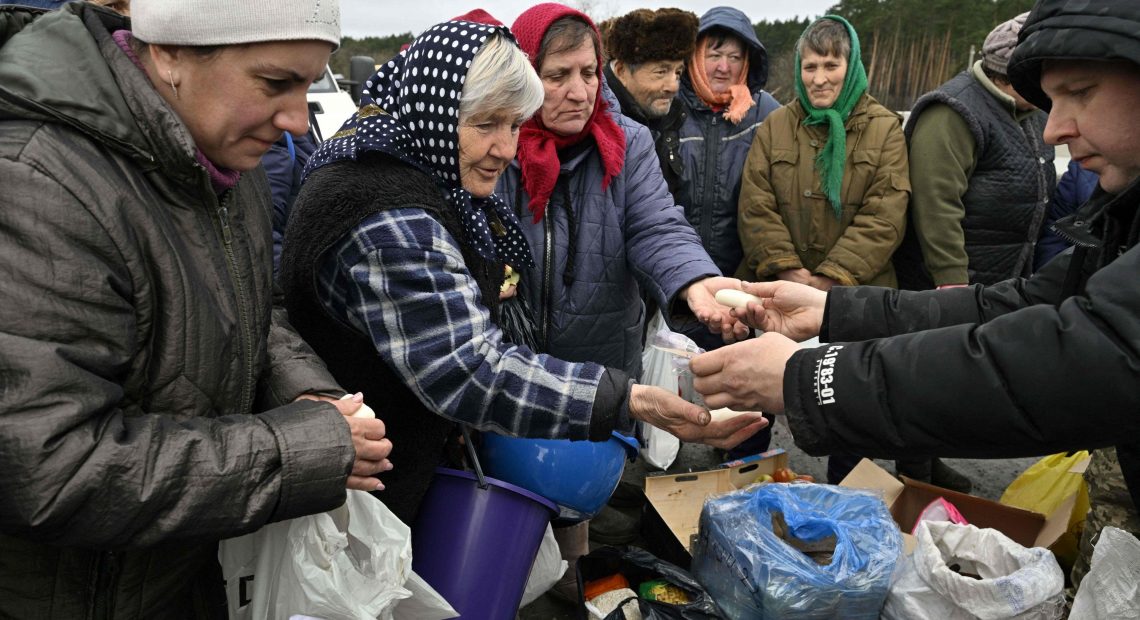WTO chief warns of global food crisis in wake of Ukraine conflict

According to the head of the World Trade Organization, a food crisis sparked by the Ukraine war could last for years if no action is taken. Wheat and fertiliser shortages could be particularly damaging to African countries, according to WTO Director General Ngozi Okonjo-Iweala.
Because of the war, millions of tonnes of grain are sitting in warehouses and Ukrainian ports, unable to be exported. As grain prices rise, she described it as “really sad.” Ukraine is a major global wheat exporter, accounting for 9% of the global market. It also controls 42 percent of the global sunflower oil market and 16 percent of the global maize market.
Between 20 and 25 million tonnes of wheat are stuck in Ukraine due to gridlock caused by a Russian blockade of Black Sea ports and Russian and Ukrainian mines along the coast, while global grain prices continue to rise. Wheat prices were up 59 percent from last year, sunflower oil was up 30%, and maize was up 23 percent, according to Ms Okonjo-Iweala.
The UN is leading efforts to establish a “grain corridor” for tankers leaving Odessa and other Ukrainian ports, with a Turkish naval escort. Russian Foreign Minister Sergei Lavrov, on the other hand, has stated that Ukraine must clear mines from its Black Sea ports.
Meanwhile, Ukraine has stated that it requires “effective security guarantees” before it can begin shipments, citing concerns that Moscow could use the potential corridor to launch a sea attack on Odessa. Ukraine produces enough food to feed 400 million people on a regular basis, but Russia is accused of turning it into a stealth missile, with blockaded ports reducing exports to a trickle.
Several countries in the Middle East and Africa, in particular, will be affected by supply shortages. Libya and Eritrea import more than 40% of their wheat from Ukraine, while Lebanon imports more than 60%.
Picture Courtesy: google/images are subject to copyright
